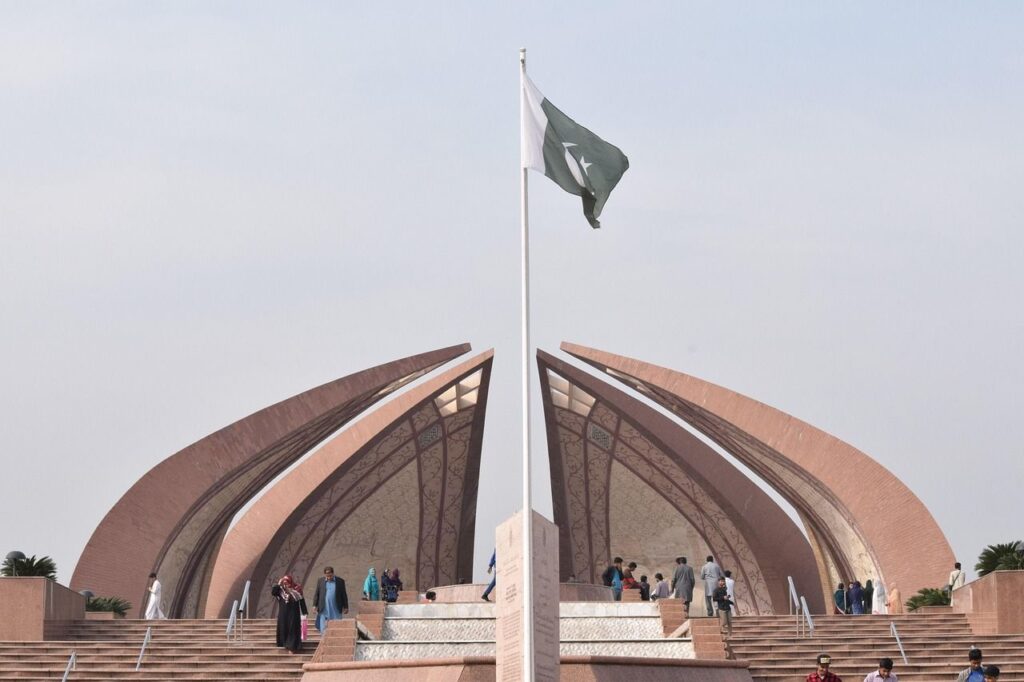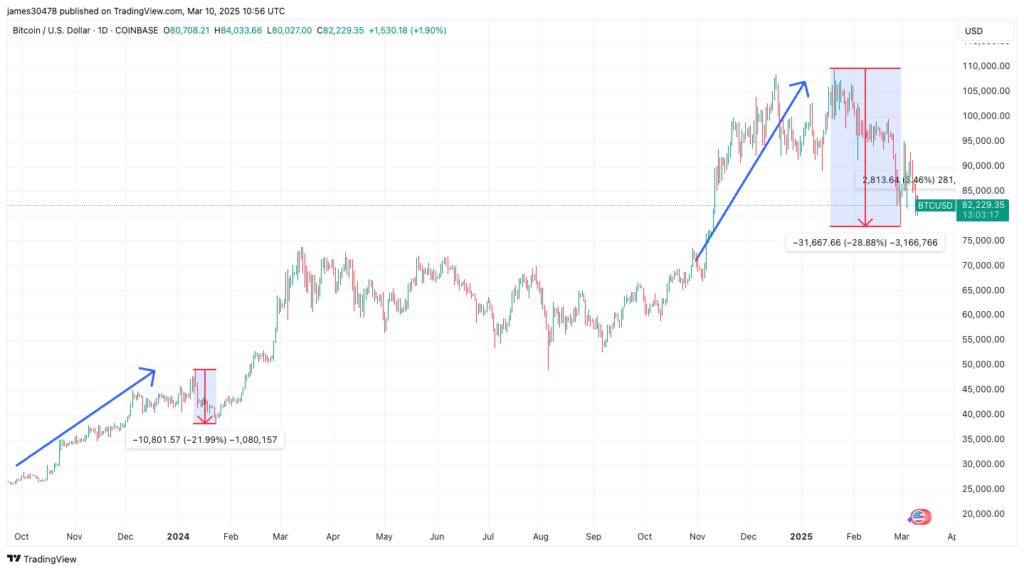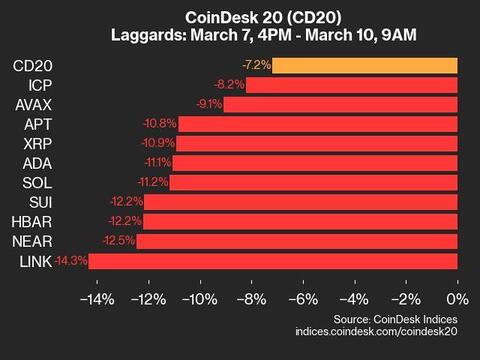Pakistan, recognized as one of the leading nations for remittances, is considering the adoption of blockchain technology to improve the efficiency of fund transfers from abroad. Bilal bin Saqib, chief adviser to the finance minister and a member of the newly formed Pakistan Crypto Council (PCC), revealed this initiative in an interview on Monday.
The Current Landscape of Remittances
In the fiscal year 2023-24, overseas Pakistanis sent over $31 billion back home through traditional channels. Unfortunately, these methods are often characterized by high costs and slow processing times, with fees that can exceed 5%. Remittances play a crucial role in the economy, serving as a vital source of income for many households and acting as a buffer during economic crises.
Exploring Blockchain Solutions
“The PCC aims to explore blockchain-based remittance solutions to minimize costs and processing delays,” Saqib stated. In addition to this, the council plans to invest in blockchain education, upskilling programs, and Web3 development, with the goal of fostering talent, creating job opportunities, and stimulating economic growth.
Enhanced Efficiency through Disintermediation
The integration of blockchain technology could significantly improve overseas fund transfers by eliminating the need for intermediary institutions like correspondent banks. According to a report by the OECD in 2020, this could lead to a substantial reduction in cross-border transaction costs.
Current Regulatory Environment
Despite the potential benefits of blockchain, trading in cryptocurrencies and stablecoins remains prohibited in Pakistan due to a 2018 circular issued by the State Bank of Pakistan (SBP), which restricts financial institutions from facilitating crypto transactions. Nevertheless, Pakistan ranks among the top five Asian countries in Chainalysis’ 2024 Global Crypto Adoption Index, indicating a notable demand for digital assets among its population. Many individuals use cryptocurrencies as a hedge against inflation and fluctuations in the foreign exchange market.
The Youth and Blockchain Innovation
Saqib emphasized the importance of Pakistan’s youthful population, with over 60% of its 240 million citizens under the age of 30. This tech-savvy demographic is primed to drive innovations in blockchain and Web3 technologies. The PCC intends to harness this potential by advocating for a clear and progressive regulatory framework.
Initiatives Under Consideration
The PCC is also examining initiatives such as tokenizing real-world assets and establishing regulatory sandboxes, all while ensuring compliance with Financial Action Task Force (FATF) standards. Notably, Pakistan was removed from the FATF’s gray list in 2022, which is a significant step towards improving its international financial reputation.
Addressing Concerns Around Illegal Crypto Activities
“Illegal crypto outflows pose a significant concern,” Saqib stated. “Without proper regulations, cryptocurrencies can enable untracked cross-border transactions, worsening dollar shortages.” The PCC’s initial priority is to establish a transparent regulatory framework that mandates know-your-customer (KYC) and anti-money laundering (AML) compliance for all cryptocurrency activities.
Global Trends in Cryptocurrency Regulation
Regulatory frameworks for digital assets are evolving worldwide, particularly in Southeast Asia, following increased support for the industry from global leaders. Recently, former U.S. President Donald Trump announced plans for a strategic bitcoin reserve, which would be composed of BTC and other cryptocurrencies seized during enforcement actions. Saqib expressed uncertainty about the feasibility of such a strategy for Pakistan.
“While creating a BTC reserve from seized assets might be enticing, the enforcement of crypto regulations in Pakistan is still in its infancy, and illicit holdings are seldom intercepted at a significant scale. Any move towards establishing a strategic reserve would necessitate careful discussions with the IMF and FATF to ensure that Pakistan does not jeopardize its international support or its status post-gray-list,” Saqib concluded.



